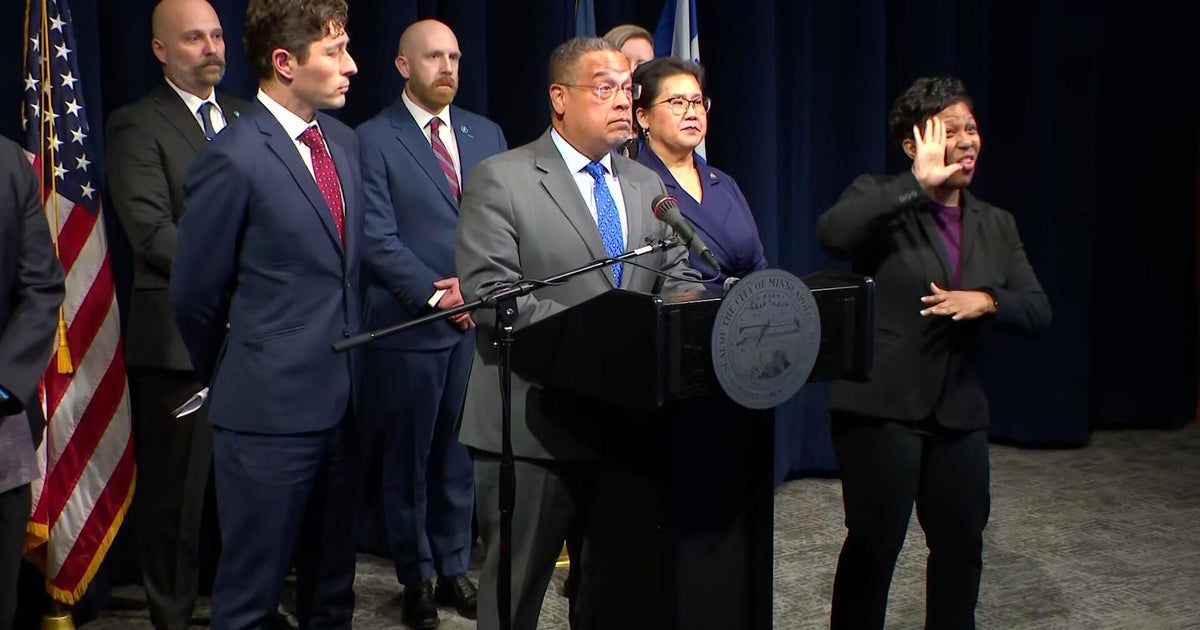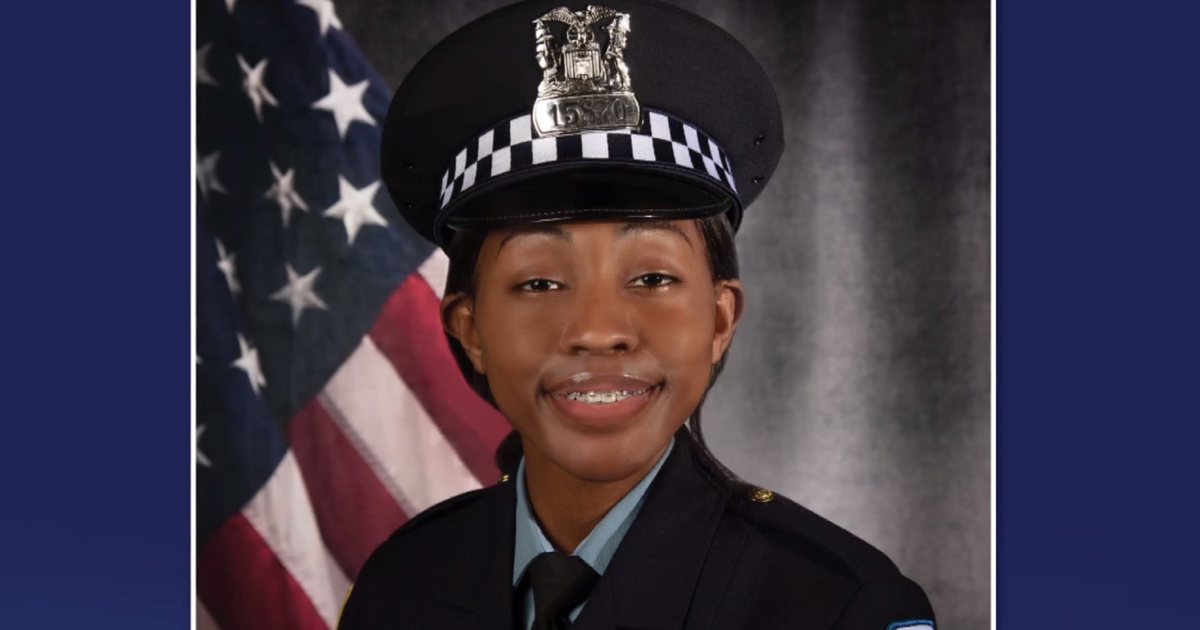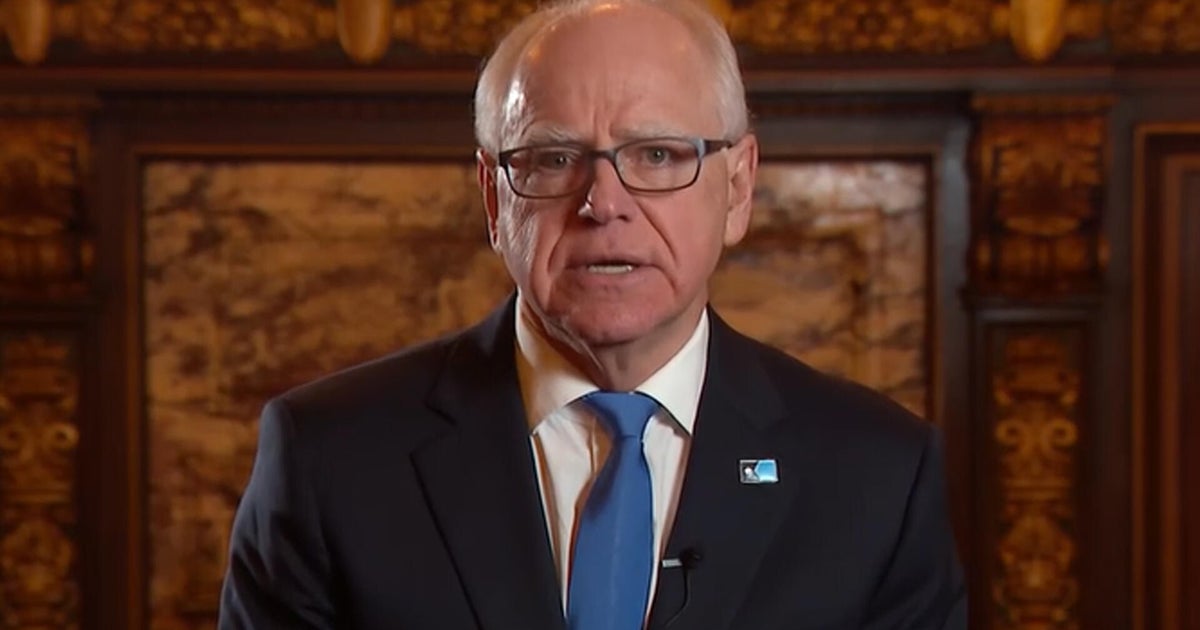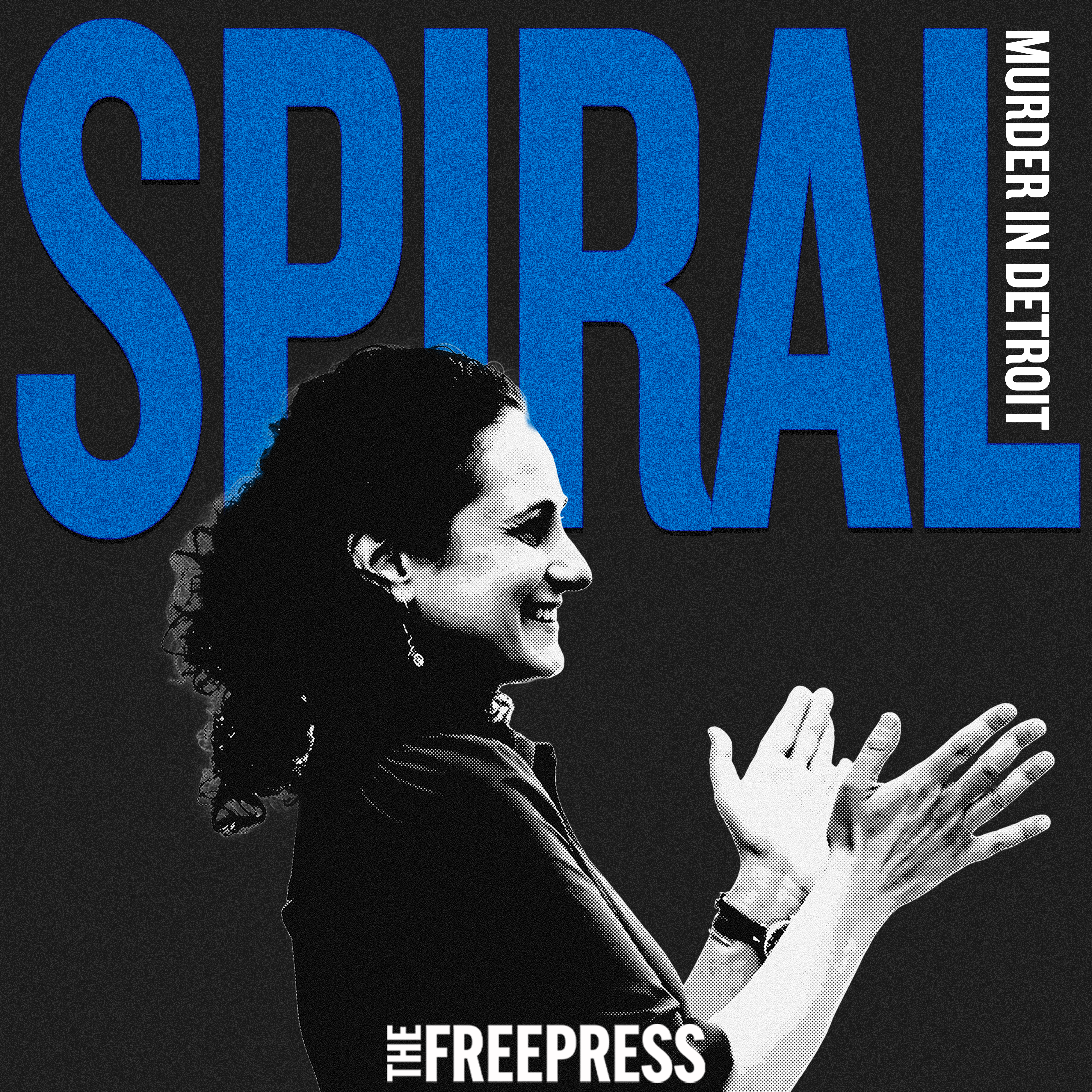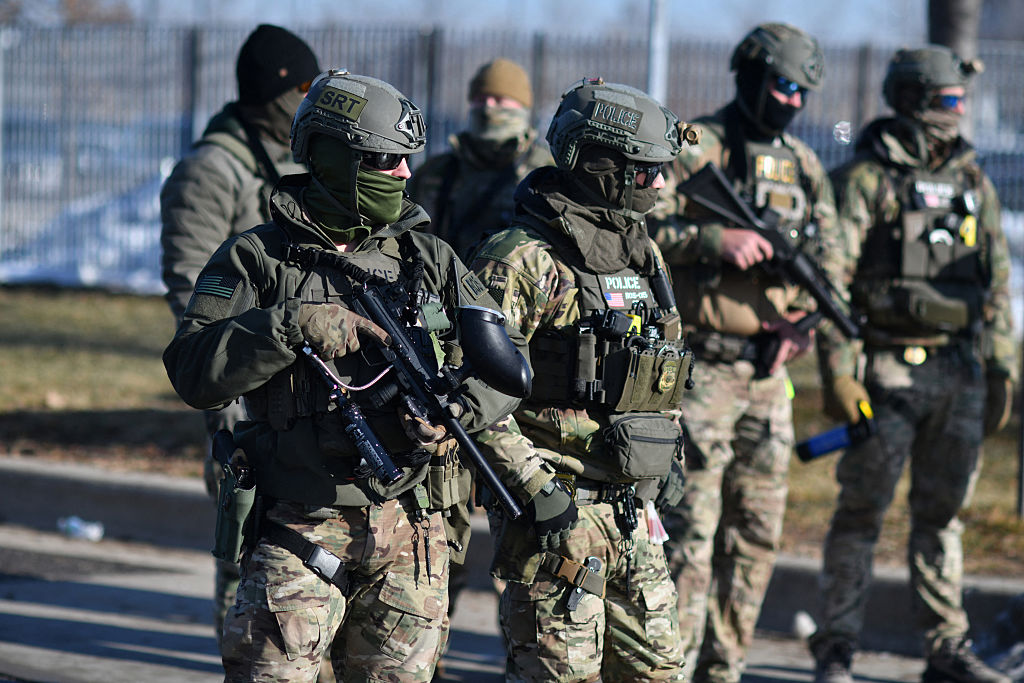A young girl's impact on the Derek Chauvin trial
In April, a trial that gripped the country and the world came to an end with the conviction of a White police officer, Derek Chauvin, for the murder of a Black man, George Floyd. Judge Peter Cahill read the verdict aloud on Tuesday, April 20, in a Minneapolis courtroom: guilty on all three charges.
"I thought, 'Thank god,'" Minnesota state special prosecutor Jerry Blackwell said of the moment he heard the verdict. "And I thought about the Floyd family… how that represented a kind of absolution after having come down a long road."
Fourteen attorneys, led by Minnesota Attorney General Keith Ellison and represented in court by special prosecutors including Jerry Blackwell and Steve Schleicher, worked for 11 months to convince a jury that Derek Chauvin's actions led to the death of George Floyd. In addition to bystander video seen by millions that brought the world's attention to the case, 45 witnesses testified in the trial, including the former Minneapolis police chief, medical experts, and Judeah Reynolds, a girl who was nine years old when she witnessed George Floyd's death.
"We wanted the jurors to actually meet this bouquet of humanity," Blackwell said, "a little girl in a sweatshirt with, 'love' written on it who was going to the store to get snacks."
A young witness testifies
On May 25, 2020, Judeah Reynolds was walking down Chicago Street in Minneapolis with her cousin, Darnella Frazier, to purchase some snacks at Cup Foods. A CCTV camera captured them on their way to the store just moments before Derek Chauvin pinned George Floyd to the pavement.
When she left Cup Foods, Reynolds joined her cousin and other bystanders gathering on the sidewalk outside. They watched as a crime unfolded. Frazier filmed with her phone, recording video of George Floyd's final moments which would later be seen by millions across the world.
When Reynolds took the witness stand in March, she told jurors what she saw Derek Chauvin do that day. "I saw the officer put a knee on the neck on George Floyd," she said.
In an interview with 60 Minutes, correspondent Scott Pelley asked prosecutors Blackwell and Schleicher if there was any debate among the prosecution about bringing such a young child into the courtroom.
"We did assess what we thought her ability to testify might be [and] what impact it might have on her," Blackwell explained. The team ultimately decided she would be a valuable witness for the prosecution and asked her to testify. "She had important things to say," Schleicher said. "She was there."
During her testimony, Blackwell asked Reynolds how seeing Chauvin on the neck of Floyd made her feel. "I was sad and kind of mad," she answered. "Because it felt like he was stopping his breathing and it was kind of hurting him."
In his closing arguments, Blackwell told jurors that their decision on excessive use of force and causation was so simple, even a child could understand it. "In fact, a child did understand it when the 9-year-old girl said, 'Get off of him.' That's how simple it was. 'Get off of him.' Common sense."
"I thought she had done a magnificent job [and] she was courageous to have come," Blackwell said.
Reimagining police accountability
In an interview with Scott Pelley, Minnesota Attorney General Keith Ellison said Derek Chauvin's guilty verdict has created a new desire for police reform in the minds of many Americans. "People feel that change is urgently needed," he explained.
The verdict reminded Ellison of newsreels showing African American marchers being sprayed with water hoses during the Civil Rights movement. "Just seeing that roused the conscience of people all over the country, of all colors," he explained, "[They] said, 'This cannot happen anymore. Not in our country. Not in the land of the free and the home of the brave.'"
Ellison hopes to see police leaders across the country be given more authority to discipline officers when they "betray the badge," something he says is hindered by collective bargaining agreements. "I think their problem [is] with the collective bargaining agreement, where arbitrators often reinstate officers who've done the wrong thing… against the chief's requirements. I'd change that."
Keith Ellison also said he supports the George Floyd Justice in Policing Act, now under consideration in the Senate, but insists that meaningful reform is "not a partisan thing."
"It is a standard of decency that we have to insist upon for everyone," Ellison told 60 Minutes.
Racism and motive
In prosecutor Steve Schleicher's closing arguments, he reminded the jury that the name of the case was "The State of Minnesota v. Derek Chauvin."
"This case is not called the State of Minnesota v. The Police. It is not," Schleicher said in court.
Scott Pelley asked Schleicher what he meant by that. "This was not policing. This is not what policing is about," Schleicher explained. "To say that this [was] a prosecution of police officers or policing in general would simply be inaccurate because that's not what they stand for. That's not what they do."
"All the politics aside, everybody is in favor of good policing and everybody should be opposed to bad policing," Blackwell added. "Even the bystanders called the police on the police."
Scott Pelley asked the prosecutors, "The entire world perceives this as a case of a white police officer killing a Black man because he is Black… is there evidence to support the way the whole world sees this case?"
"I would say, it was certainly a hateful crime. No question about that," Jerry Blackwell answered. "Was that Mr. Chauvin's motive? Who knows? There weren't any explicit, overt statements made, but most people do have a hard time believing that this would've happened to the typical white citizen in the state of Minnesota."
Derek Chauvin is now facing additional charges. In May, a federal grand jury indicted Chauvin, and three other ex-officers who stood by him while George Floyd was killed, for violating Floyd's civil rights.
Chauvin is scheduled to be sentenced for the murder of George Floyd this Friday, June 25.
The videos above were originally published on April 25, 2021 and were produced by Will Croxton, Jacquelyn DiNick and Becka Chertok Gonsalves. They were edited by Will Croxton.
